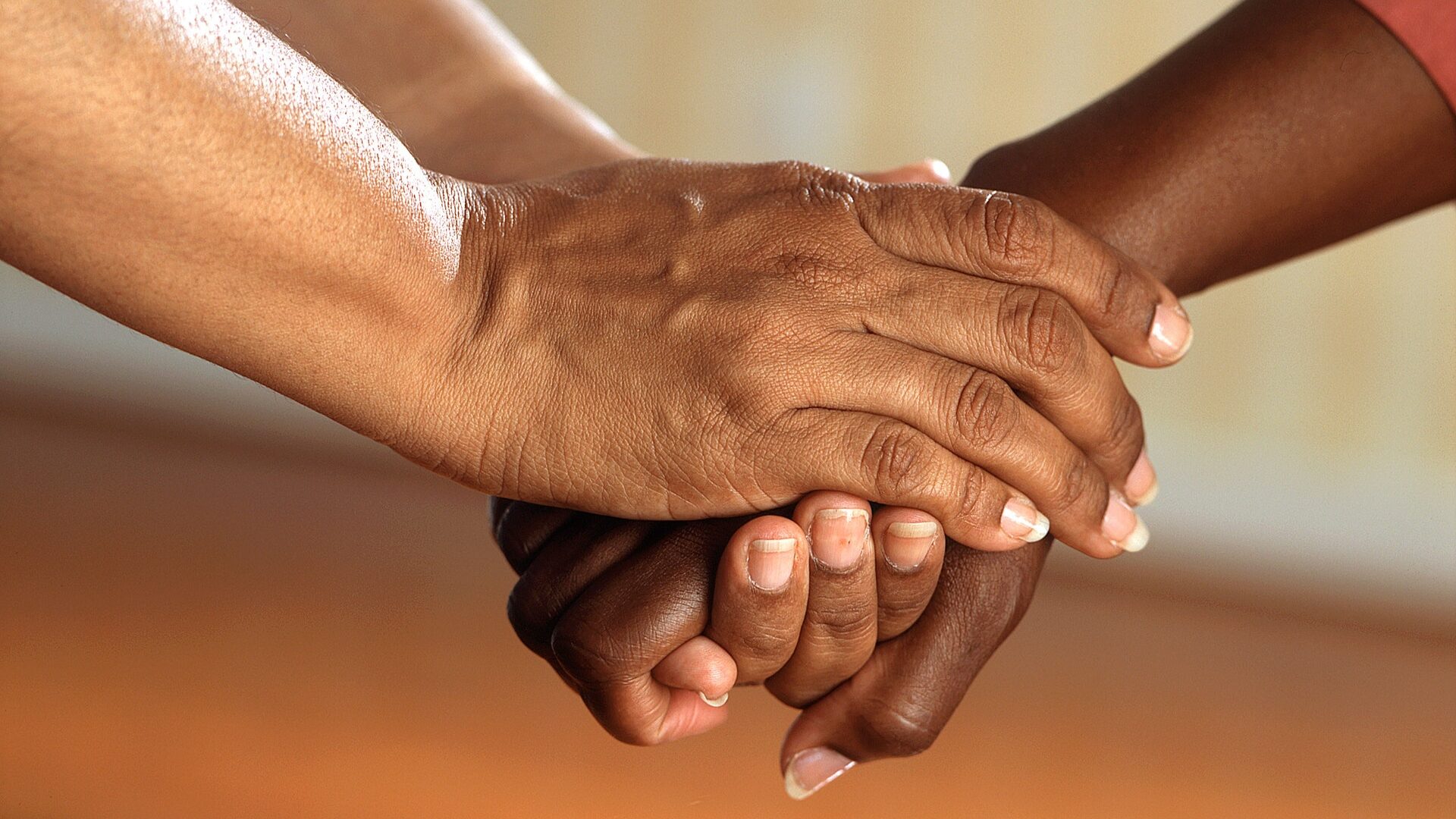Social Support Boosts Patient Survival by 29%

New research from Brigham Young University found that providing medical patients with social support increases odds of survival and prolongs life. It comes as healthcare is searching for new ways to improve medical treatment and outcomes.
“The premise of the research is that everyone is strongly influenced by their social context,” said BYU counseling psychology professor Timothy B. Smith, lead author of the study. “Relationships influence our behavior and our physical health. We now know that it is possible to prolong life by fostering coping and reducing distress.”
Co-author Julianne Holt-Lunstad, BYU psychology professor, said there is now ample evidence that social needs should be addressed within medical settings.
“From pediatrics to geriatrics, physicians may encounter patients who are struggling. These data suggest that social interventions integrated within clinical treatments that help patients cope and reduce distress also improve their survival,” she said.
Analysing data from 106 randomised controlled trials with over 40 000 patients, the researchers examined the effects of psychosocial support. Group meetings or family sessions that promoted healthy behaviours by encouraging exercise, the completion of medical treatments, or offering group support for diet adherence increased survival by 29%.
“Providing medical patients with social support can be just as helpful as providing cardiac rehabilitation for someone recovering from heart disease,” said Smith. “It can be just as helpful as a diet or lifestyle program for obese patients or treatment for alcoholism among patients with alcoholism.”
The findings could be used to implement support programs in hospitals and clinics for patients, especially those at risk of not completing treatments. It could also inform programmes for family members or caregivers.
“We already had robust evidence that social connection and other social factors significantly influence health outcomes including risk for premature mortality, but it was unclear what can be done about it to reduce risk,” said Holt-Lunstad. “Is it the role of healthcare, or should this be addressed outside the healthcare system? This research combined with the other consensus reports suggests that it is a role of the healthcare system.”
“Ultimately, these data should be used to foster collaboration between medical professionals and mental health professionals,” said Smith. “About half of all patient medical visits are about conditions that entail psychological considerations. Large hospitals now routinely hire psychologists to consult with physicians and to evaluate or work with patients, but more integration is needed in smaller hospitals and clinics.”
The findings also hold important implications for medical patients. People respond differently to medical conditions. While some will immediately take action in rehabilitation or preventative measures, others might delay or even avoid engaging in prescribed healthy behaviors. On top of that, depression and anxiety rates can be high among patients, which can limit responsiveness to treatments, making social support efforts even more critical.
“We know that when hospitals implement a social support group, people simply live longer,” said Connor Workman, a BYU student who assisted with the research during his undergraduate years. “The data show that relationships have a tangible effect on a person’s mortality and health. This will give decision-makers at hospitals the information they need to start pushing out programs and implementing the right social connections for patients.”
Source: Brigham Young University

